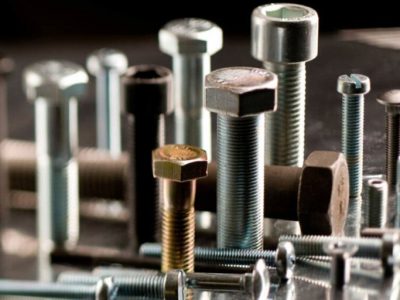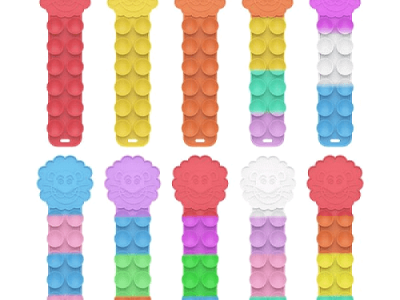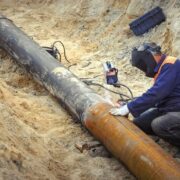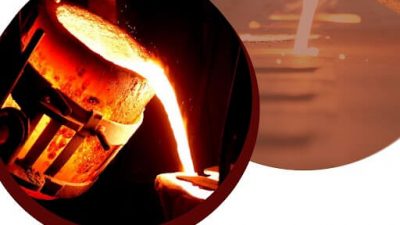There are various designations of the unified thread system to determine different thread gauges. The representation of unified thread system is done by abbreviations like UNC (unified coarse) thread gauge, UNF (unified fine) thread gauge, UNEF (unified extra fine) thread gauge, UNS (unified special) thread gauge and UN (unified constant pitch) thread gauge. Such designated thread gauge has different properties, roles and functions.
UNC thread gauges:
Unified coarse is one of the most preferred and commonly used thread gauges for the basic purpose of inch gauging. Due to its natural coarse pitch, threads are simpler to assemble without any cross-thread and are more in-depth than fine threads.
UNF thread gauges:
Unified National Fine thread gauge has a bit higher breaking load capacity as compared to UNC thread gauges. It is because of its lesser depth and higher tensile stress area for gauges of the similar and identical diameter and material.
UNS thread gauge:
Unified special thread gauges are required to have the specification of TPI. Though there is a restriction in the number of TPI for a particular diameter. E.g. within half-inch size of diameter, the TPI allowed half an inch 12 UNS, half-inch 14 UNS, half-inch 18 UNS, half-inch 24 UNS, and half-inch 27 UNS.
UN thread gauge:
Unified constant pitch thread gauge is a series thread with 4, 6, 8, 12, 16, 20, 28 and 32 threads every inch. It offers a broad area of diameter-pitch combinations for those applications, where the standard UNS, UNF and UNC are not appropriate.
UNJC & UNJF:
These are similar to UNF and UNC threads in both internal and external thread forms except the external thread. It has a much bigger root radius than the corresponding UNF, and UNC threads. The radius is compulsory should be inspected. The extra root radius increases the tensile stress area of the thread to reduce the stress concentration factor and to make it stronger in the threaded section.
UNR:
Unified round is an outer rolled unified thread form in all respects other than the root radius which should be rounded but no need of any compulsory inspection. Nearly all manufacturers of an externally threaded fastener can produce UNR rolled thread than simple unified form threads.
Advantages of coarse threads
- It is quicker and easier to assemble the components with a minimum chance of cross threading
- Small damage to threads while shipping and handling are not going to affect the assembly too much
- While fastening into lower strength materials, there is a less chance to strip
- Less amount of stress at the root radius of threads results in better fatigue resistance
Benefits of fine threads
- Higher tension strength due to its larger tensile stress area
- Shorter depth of threads enables threading in thin applications of wall
- The small helix angle of fine threads allow more accurate adjustment
- Fine threads can be tapped easily in harder materials
Designations of various thread gauges mentioned above have different properties, functions and benefits. Each designated thread gauge has its unique attribute with specific roles of working.


















